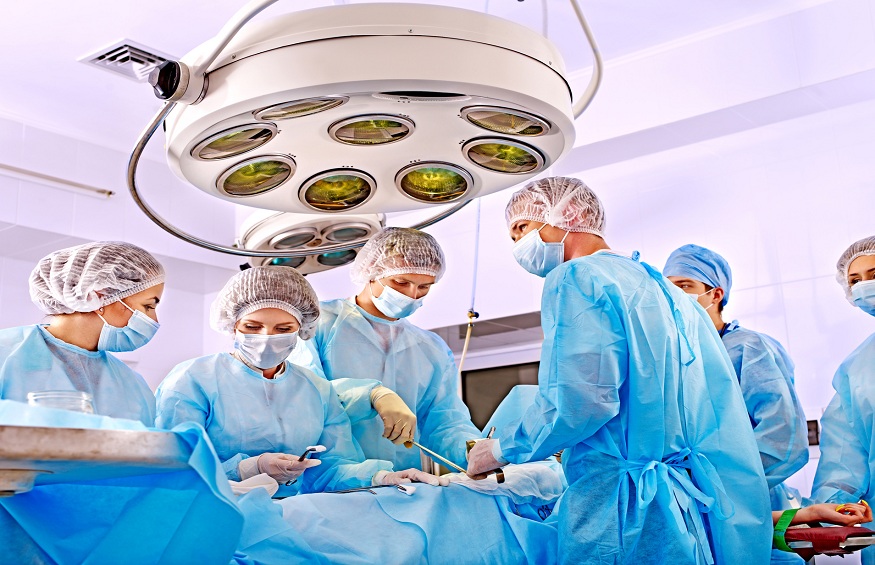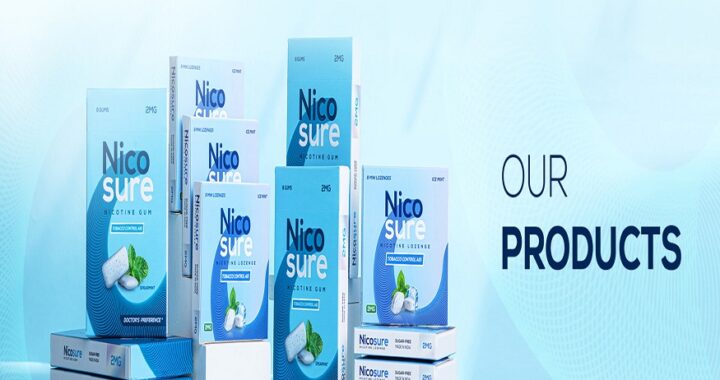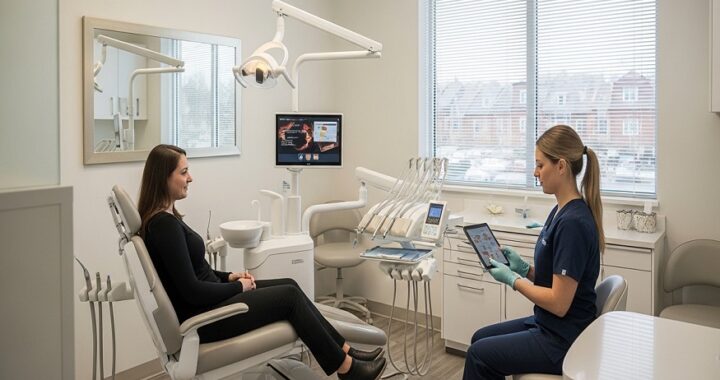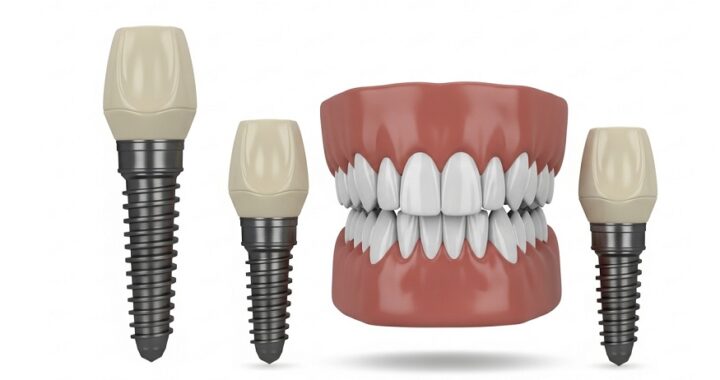The Basics of GERD and Anti-Reflux Surgeries

Team surgeon at work in operating room.
The stomach’s lining produces acids to break down food during digestion. Sometimes, this acid escapes the stomach and travels in the wrong direction towards the food pipe known as esophagus. This movement of the stomach acids to the food pipe is called an acid reflux. It irritates the food pipe leading to heartburn and other symptoms. When acid reflux occurs more than twice in a week and leads to inflammation in the esophagus, then it is termed as Gastroesophageal Reflux Disease or GERD. So if you are considering an anti-reflux or gastrointestinal surgery in Fort Worth, Texas or anywhere else, read this blog, to learn the basics of GERD disease and the types of anti-reflux surgeries.
How does GERD occur?
When you swallow food, a muscle at the bottom of the esophagus known as lower esophagus sphincter relaxes to allow the flow of food and liquid through the food pipe. After the food/liquid has passed through, it closes back again. Acid reflux occurs when this sphincter malfunctions as it results in the acids in the stomach to reach the food pipe and cause irritation. As mentioned earlier, GERD is a chronic form of acid reflux, which means that the inflammation in the food piper occurs frequently.
Symptoms of GERD
Some of the commonly experienced symptoms of GERD include:
- Problem in swallowing
- Chest pain
- Heartburn or burning sensation in the chest
- Feeling of lump in the throat
- Food or sour liquid regurgitation
People who experience acid reflux more frequently during night time complain of asthma, poor sleep, chronic cough and laryngitis.
Risk Factors
The following factors are generally believed to aggravate acid reflux:
- Smoking
- Excessive eating fried or fatty foods
- Excessive consumption of coffee and alcohol
- Eating large portions of food late at night
Certain conditions increase the risk of GERD:
- Obesity
- Pregnancy
- Delayed stomach emptying
- Hiatal hernia
- Connective tissue disorders
Problems with Untreated GERD
There are many problems which can occur if GERD remains untreated for a long time:
- Esophageal ulcer: Stomach acids are very harsh and they wear away the tissues in the lining of the esophagus. This can lead to the development of painful sores/ulcers. These ulcers not only cause pain but also make swallowing very difficult.
- Esophageal stricture: Frequent damaging of the tissue in the esophagus due to the stomach acids result in the formation of scar tissues which narrows the pathway for the food or liquid pass. This narrowing of the esophagus is commonly referred to as esophageal stricture which causes problems in swallowing.
- Barrett’s esophagus: Stomach acids in the lower esophagus can also change the nature of the tissue lining increasing the risk for development of esophagus cancer.
When should you consult a doctor?
As a thumb rule, always seek a consultation with a licensed physician in Dallas or anywhere else in Texas:
- If you experience symptoms related to GERD like difficulty in swallowing, breathing or vomiting frequently.
- If you are taking over-the-counter medications for heartburn-like symptoms for more than twice a week.
- If you are having chest pain along with arm or jaw pain and shortness of breath. It may be a sign of a heart attack.
For proper diagnosis of GERD, gastrointestinal doctors prescribe a number of tests including upper endoscopy, ambulatory acid tests, X-ray of upper digestive system. You may also be required to consult colorectal surgeons for other detailed tests.
Treatments
Mild acid reflux symptoms can be alleviated by bringing changes in the diet and lifestyle. Over-the-counter medications and prescribed medications like antacids, Proton Pump Inhibitors and H2 blockers may also be suggested by your doctor for treating GERD.
Gastrointestinal surgery is generally advised for people for whom both medications and lifestyle changes do not work. An anti-reflux surgery involves repairing or replacing the abnormal or damaged lower esophageal sphincter.
When is an Anti-Reflux Surgery recommended for GERD?
Gastrointestinal surgery like anti-reflux surgery is not the first line of treatment for dealing with GERD. Gastrointestinal doctors and surgeons usually try to manage the GERD symptoms by recommending changes in the diet and lifestyle. This treatment works for a majority of people with GERD condition. If lifestyle or dietary modifications do not help in alleviating the symptoms of GERD, the doctors prescribe long-term medications. A surgery is advised by the expert in the situations where long-term medication is not providing the desired relief to the patient. Additionally, people with GERD also prefer to get an anti-reflux surgery if they want to avoid taking regular medications for a long period or want to get rid of the chronic disease once and for all. The benefit of an anti-reflex surgery is that it avoids further inflammation of the esophagus and development of cancer and eliminates the situation of long-term dependence on medicines. Surgery is also useful in case patients are experiencing side-effects of long-term medication. But keep in mind that an anti-reflux surgery can be costly depending on the technique used and the recovery period can last up to 6 weeks.
Types of Anti-reflux surgery
There are three major surgical options for treating symptoms and managing complications related to GERD. A gastrointestinal expert may recommend any of the following three surgical procedures based on the patient’s condition and requirements:
- Fund oplication: This is a traditional anti-reflux surgery. In fund oplication, the top portion of the stomach is wrapped around the lower esophageal sphincter. This helps in the tightening of the muscle which prevents acid reflux. Fund oplication is usually performed through laparoscopy which is a minimally invasive technique which has several benefits like minimal scars and lesser chances of infections. But fund oplication requires the patient to follow a strict diet for quite some time post the surgery.
- LINX device: Another laparoscopic anti-reflux surgery, LINX surgery tackles the weakening of the LES by wrapping the junction between the lower esophagus and upper stomach with a ring made of tiny magnetic beads. There is just the right amount of magnetic attraction between the magnetic beads which allows the passing of food and obstructing the refluxing acids to and from the esophagus. This surgery has minimal side-effects and the patients are also not required to follow any strict diet post the surgery.
- Gastric bypass: In this surgery, the pathway of stomach acids is stopped from connecting directly with the lower esophagus. This is done by separating the portion of the stomach which produces acid from the lower esophagus.
- Transoral incisionless fund oplication (TIF): In this new surgical procedure, polypropylene fasteners are used to create a partial wrap around the lower esophagus. This procedure is performed using endoscopy through the mouth and involves no surgical incisions. TIF has many advantages like quicker recovery time and higher tolerance.
Wrapping Up
Whether an anti-reflux surgery is the right option for you depends on your body’s condition. It is important to consult a gastro-intestinal expert to not only find out if surgical intervention is needed but also to determine which surgical procedure to go for. For example, a LINX surgery cannot be performed on patients with hiatal hernia. Similarly, whether a gastric bypass is appropriate for you is dependent on your body mass index too. Traditional anti-reflux surgeries also do not have a good success rate and lead to complications in people with obesity so your doctor might recommend you to first get a consultation from a weight loss clinic near you. The costs will also vary depending on the type of surgery required, your insurance cover among other such factors. It is important you consult the best colorectal and gastrointestinal surgeons for the best solutions to manage your condition.

 Behavior Health / Addiction: Understanding Care, Treatment, and the Path to Recovery
Behavior Health / Addiction: Understanding Care, Treatment, and the Path to Recovery  How to Find the Best Treatment for Scoliosis in Dubai
How to Find the Best Treatment for Scoliosis in Dubai  Vital Traits to Consider when Searching for the Best Depression Treatment Clinic
Vital Traits to Consider when Searching for the Best Depression Treatment Clinic  Supporting Testosterone Treatment: Top 5 Ways to Get the Most Out of TRT
Supporting Testosterone Treatment: Top 5 Ways to Get the Most Out of TRT  Innovative BPH Treatment Options: HoLEP and Beyond
Innovative BPH Treatment Options: HoLEP and Beyond  All You Need to Know About Neck Surgeries
All You Need to Know About Neck Surgeries  Best Nicotine Gum Options: Key Benefits and How to Choose the Right One
Best Nicotine Gum Options: Key Benefits and How to Choose the Right One  Deep Cleaning Woodland Hills: Understanding Gum Health and Advanced Dental Cleaning
Deep Cleaning Woodland Hills: Understanding Gum Health and Advanced Dental Cleaning  Dental Implants and Osteoporosis: What Patients Should Know About Safety and Healing
Dental Implants and Osteoporosis: What Patients Should Know About Safety and Healing  Improving Your Smile in Woodland Hills: A Balanced Approach to Confidence and Oral Care
Improving Your Smile in Woodland Hills: A Balanced Approach to Confidence and Oral Care